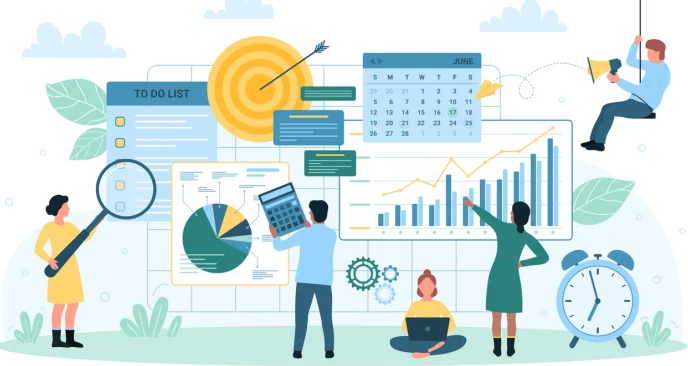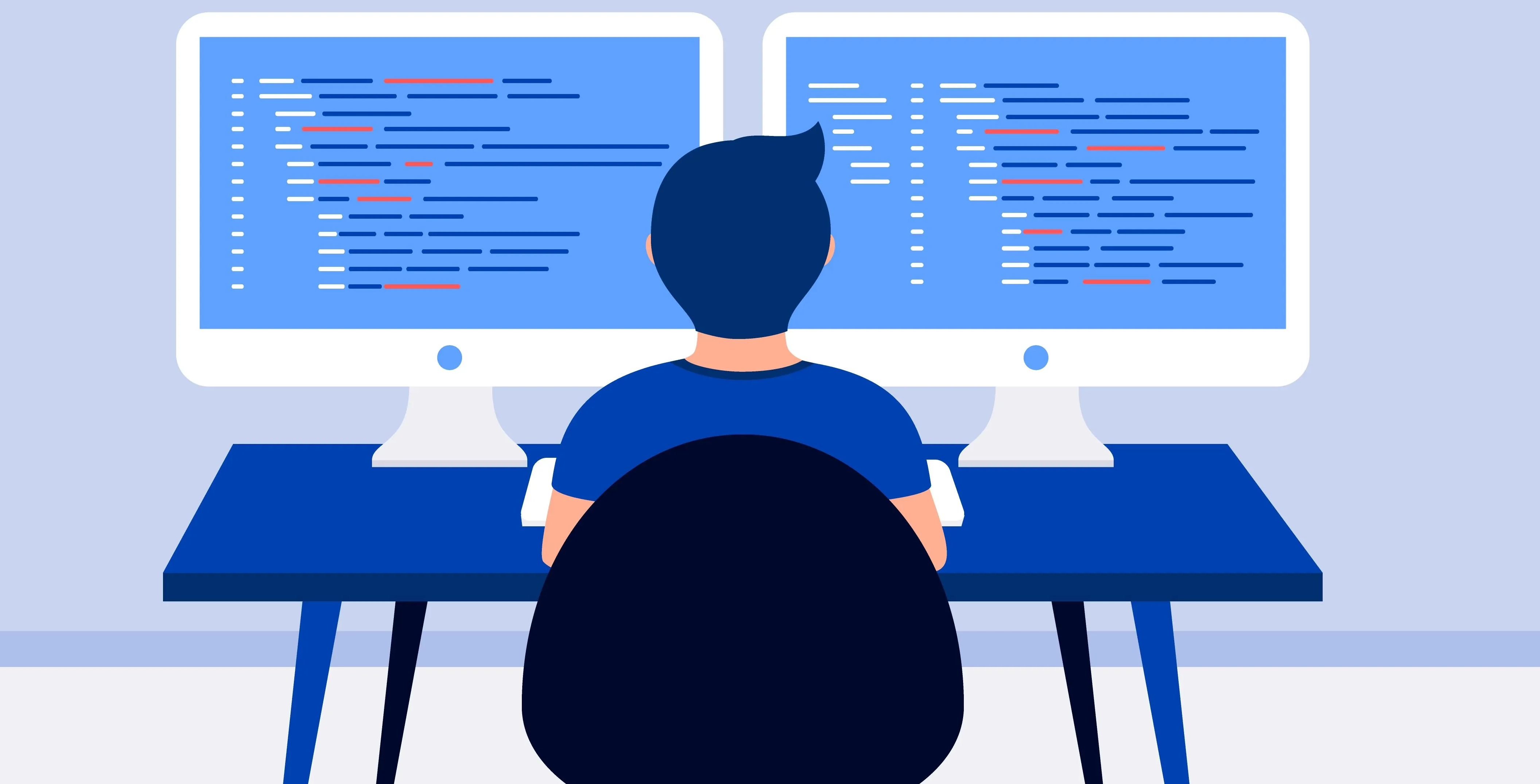Face it, we all procrastinate sometimes. But when it becomes a habit, putting things off can derail success and leave your most important goals gathering dust. Thankfully, there are fantastic books filled with strategies to understand chronic procrastination and build powerful habits for motivated productivity.
This article reviews the top 10 highly rated procrastination books offering proven tactics to defeat distractions, build motivation, and achieve peak productivity. We’ve highlighted the key tactics from each book. Implementing just a few of these proven techniques can drive remarkable progress.
Table of Contents
Top Books to Defeat Procrastination
Eat That Frog! by Brian Tracy
Mark Twain once said if you have to eat two frogs, eat the ugliest one first. Brian Tracy’s mega-popular productivity book builds on this idea. He advises you to “eat your frog” – tackle your biggest, most important task right away daily. Why? Finishing that tough top task gives you energy and momentum to power through everything else on your plate.
Tracy offers a complete toolkit for frog-eating success:
- Identify your daily frog and fiercely protect time to attack it first when energy is highest.
- Break large goals into small, doable steps using the “Swiss Cheese Method” so they feel less intimidating.
- Create each day’s schedule the night before using the “Six P Method” then follow diligently.
- Limit distractions and unnecessary meetings. Take regular breaks to maintain razor-sharp focus.
The Now Habit by Neil Fiore
In this research-backed favorite, psychologist Neil Fiore compassionately explains how emotions like anxiety and resentment fuel procrastination. He provides pragmatic solutions to transform them from the inside out.
Fiore’s recommendations include:
- Identify your reasons for procrastination frustration, perfectionism, flat-out rebellion. Awareness opens the door to change.
- Make intimidating tasks less overwhelming by breaking them into smaller pieces with mini deadlines. Smaller bites feel more achievable.
- Reward yourself after each milestone versus waiting until the end. Celebrate small wins along the way.
- Focus on progress, not perfection. Let go of unrealistic expectations.
The Procrastination Equation by Piers Steel
Drawing on extensive motivational research, Piers Steel offers science backed strategies for getting things done, including:
- Boost motivation, focus, and habits while addressing disruptive emotions like anxiety to nip procrastination in the bud.
- Set process goals focused on how you’ll do work rather than product goals on results. This provides more control.
- Balance tight and loose deadlines, avoiding last-minute cram sessions. Use tighter deadlines for high priorities.
- Match tasks to your energy level cycles. Do demanding cognitive work during peak productivity times.
The War of Art by Steven Pressfield
Pressfield argues Resistance that inner sabotage of fear, anxiety, distraction – causes procrastination and blocks creativity. Potent tactics to defeat it include:
- Recognize Resistance’s destructive tactics like self-doubt, perfectionism, and diversions. Just seeing it reduces its power.
- Commit to your creative or other meaningful work as a daily practice. Small, steady actions compound into remarkable results.
- Focus on the process, not product. Hard work fuels inspiration to do more. You got this!
The 5 Second Rule by Mel Robbins
Got an idea but hesitating to act? Mel Robbins shares the simple yet powerful 5 Second Rule tool to override procrastination. When you feel stuck, start counting 5-4-3-2-1 – then move forward and do it before your brain interferes.
Robbins explains how this 5 second power window reprograms your habits. Ways to use it:
- Start with small tasks to build confidence, then apply it to bigger priorities.
- Name excuses like fear, boredom, frustration. The 5 Second Rule pushes past them.
- Use it to tackle your daily task list. Crossing off items creates momentum to do even more.
The ONE Thing by Gary Keller
Keller boils productivity down to this: Focus on the ONE most important task. Give that priority your best energy and block out distractions.
To implement the ONE Thing:
- Identify your ONE Thing – the task that makes everything easier once accomplished. Do it first to build success momentum.
- Schedule ONE Thing work during peak energy time. Limit interruptions and unnecessary meetings.
- Learn to say no. Avoid multitasking that just reduces effectiveness.
- Evaluate commitments. Delegate or drop anything not aligned with your ONE Thing.
Mini Habits by Stephen Guise
Guise argues changing too many habits at once is overwhelming and leads to procrastination. His solution? Start mini habits, very small actions you can easily complete to build momentum.
For example:
- Choose an incredibly easy mini habit like 5 pushups or 10 minutes of decluttering. The small size reduces resistance.
- Attach mini habits to existing routines as triggers. “After morning coffee, meditate for one minute.” This builds consistency.
- Be patient. On some days let mini habits expand naturally. Other days just the minimum is progress.
Getting Things Done by David Allen
Allen’s classic offers a complete system to reduce stress by effectively organizing and tracking commitments.
Key tactics include:
- Write down all to-dos to get them out of your head and into a system. This reduces mental clutter.
- Process next actions to make tasks clear and actionable vs vague worries. Maintain comprehensive next action lists.
- Create reminders and contexts for everything. Regularly review and “get to zero” by fully emptying inboxes to reduce anxiety.
Atomic Habits by James Clear
Clear reveals how small changes compound into incredible results over time. He shares proven strategies to build habits that stick, like:
- Make a 1% change to lower barriers and avoid intimidation. Tiny improvements are easy to sustain.
- Link habits to existing routines as triggers to automate them.
- Use rewards, accountability partners, and tracking to positively reinforce habits.
The Productivity Project by Chris Bailey
In this insightful book, Chris Bailey explores how to sustain focus and energy to accomplish more.
Key insights include:
- Identify your biological prime time – your peak energy hours. Protect this for your most challenging work.
- Batch similar tasks to capitalize on momentum and avoid constant switching.
- Limit distractions and build habits with accountability tools like website blockers and focus apps.
- Take real renewing breaks away from work rather than switching between tasks. This refuels motivation.
Strategies to Boost Productivity
Overcoming Analysis Paralysis
Many procrastinators get stuck over-analysing options rather than taking action. The books above encourage starting small just to build momentum. You can always refine the approach later.
Staying Focused
Common distractions like email and social media destroy productivity. The books recommend removing temptations, scheduling focus time, and learning to say no to maintain attention on priorities.
Tracking Progress
Seeing progress builds motivation to do more. Many of the books advise keeping a log of completed actions and celebrating milestones reached. Tracking progress helps create accountability.
Scheduling Your Day
Several books emphasize the importance of thoughtful daily planning to maximize productivity. Take time the night before to set priorities, batch similar tasks, schedule focus time for big projects, and build in breaks to recharge. Having a battle plan defeats procrastination.
Creating Accountability
Accountability helps sustain motivation. Many books suggest finding an accountability partner, telling others your goals, using progress tracking apps, or joining a mastermind group. Make your commitment public and regular check-ins will keep you on track.
Handling Perfectionism
For some, fear of mistakes causes analysis paralysis. The books encourage focusing on progress vs. perfection. Done is better than perfect. Iterate based on feedback rather than over-planning. Perfectionism kills productivity.
Prioritizing Wellbeing
Don’t sacrifice sleep, nutrition, relationships, fun for productivity. Several books emphasize protecting energy and happiness to sustain motivation long-term. Take real breaks, not just task switching. Honor your needs.
Conclusion
Beating procrastination takes work, but you absolutely can do it! Arm yourself with the wisdom in these motivational, well-researched books. Their proven tactics will help you understand and overcome the emotional roots of procrastination once and for all.
Whether you feel overwhelmed, anxious, or simply stuck in a rut, these books offer the mindset shifts and practical habits you need to get unstuck. Small consistent actions compound over time into amazing results!
Don’t let procrastination keep you from your goals. You owe it to yourself to have the satisfying productivity and success you deserve! As the great Ralph Waldo Emerson said “Do not go where the path may lead, go instead where there is no path and leave a trail.” Blaze your trail starting today.
FAQs
What is the No 1 book on procrastination?
Many consider “Eat That Frog” by Brian Tracy to be the #1 book for defeating procrastination. It provides tactics like identifying your daily most important task and tackling it first for momentum.
How do you overcome procrastination and boost productivity?
Key strategies include removing distractions, breaking big projects into small steps, creating accountability, working during peak energy times, and building habits with mini tasks and rewards.
Which is the most effective way to overcome procrastination?
Experts suggest tracking your procrastination triggers like perfectionism or resentment, then using small anti-procrastination habits like the 5-minute rule to build momentum. Slowly expanding these habits rewires the tendencies.
Do successful people procrastinate?
Yes, even very successful people procrastinate sometimes. The difference is they don’t let themselves stay stuck. They have strategies to get focused and take action again quickly.
Do procrastinators succeed in life?
Yes, with the right strategies to overcome the tendency to delay and focus efforts, procrastinators can absolutely achieve success. The books above offer proven tactics to create anti-procrastination habits.
Are procrastinators born or made?
Research shows some procrastination may be innate tendency, but environment and learned behaviors play a huge role. The good news is habits can be changed with consistent effort.
Is procrastination a mental habit?
Yes, experts agree procrastination is a maladaptive coping habit driven by underlying emotional factors like anxiety, indecision, fear of failure, and perfectionism. But it can be unlearned.
What happens to your brain when you procrastinate?
Studies show chronic procrastination is linked to reduced gray matter and dysfunction in the prefrontal cortex, the area that governs rational thinking and decision-making, which undermines productivity.





